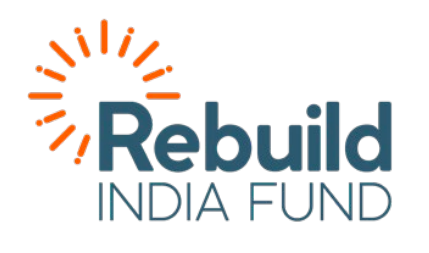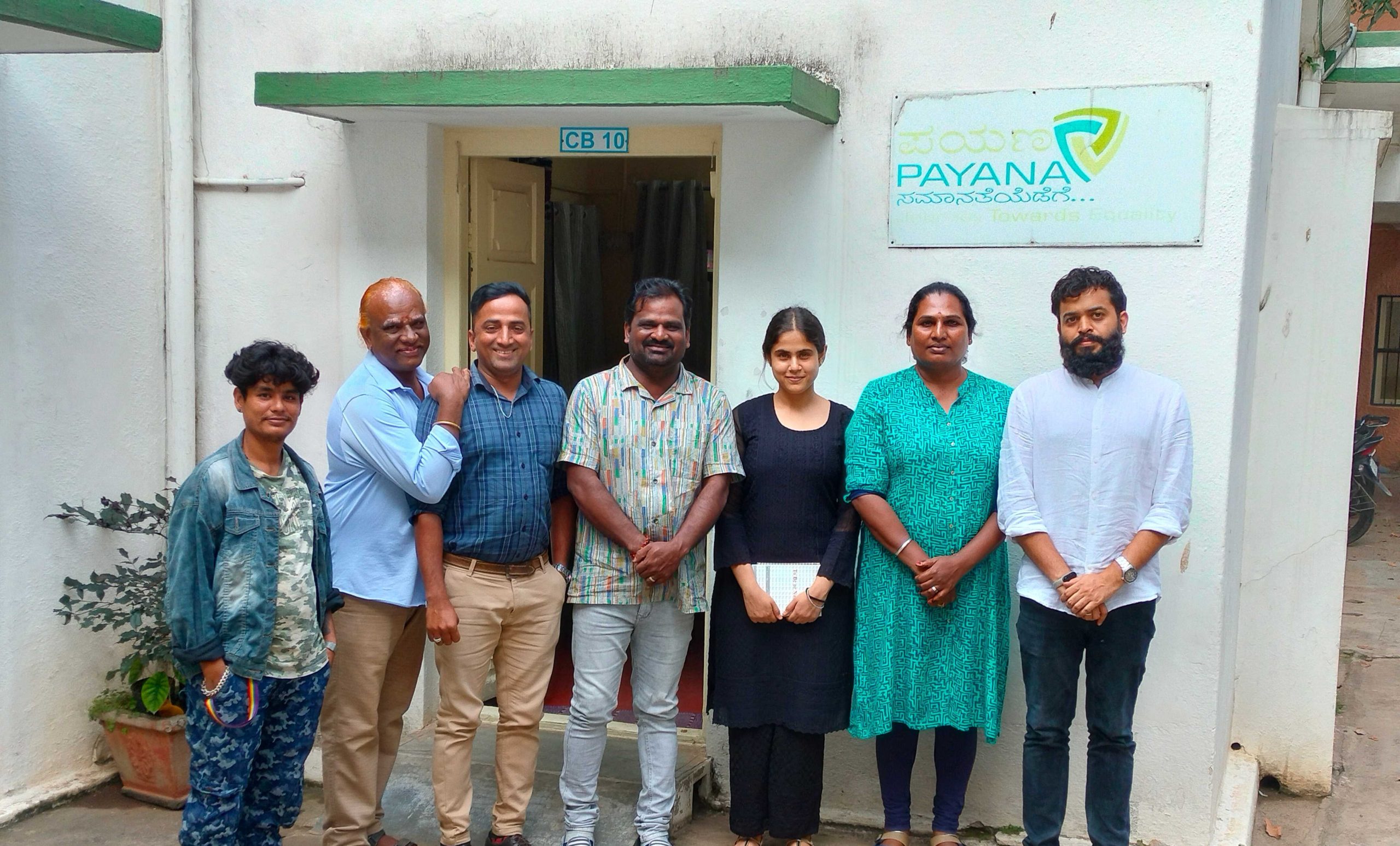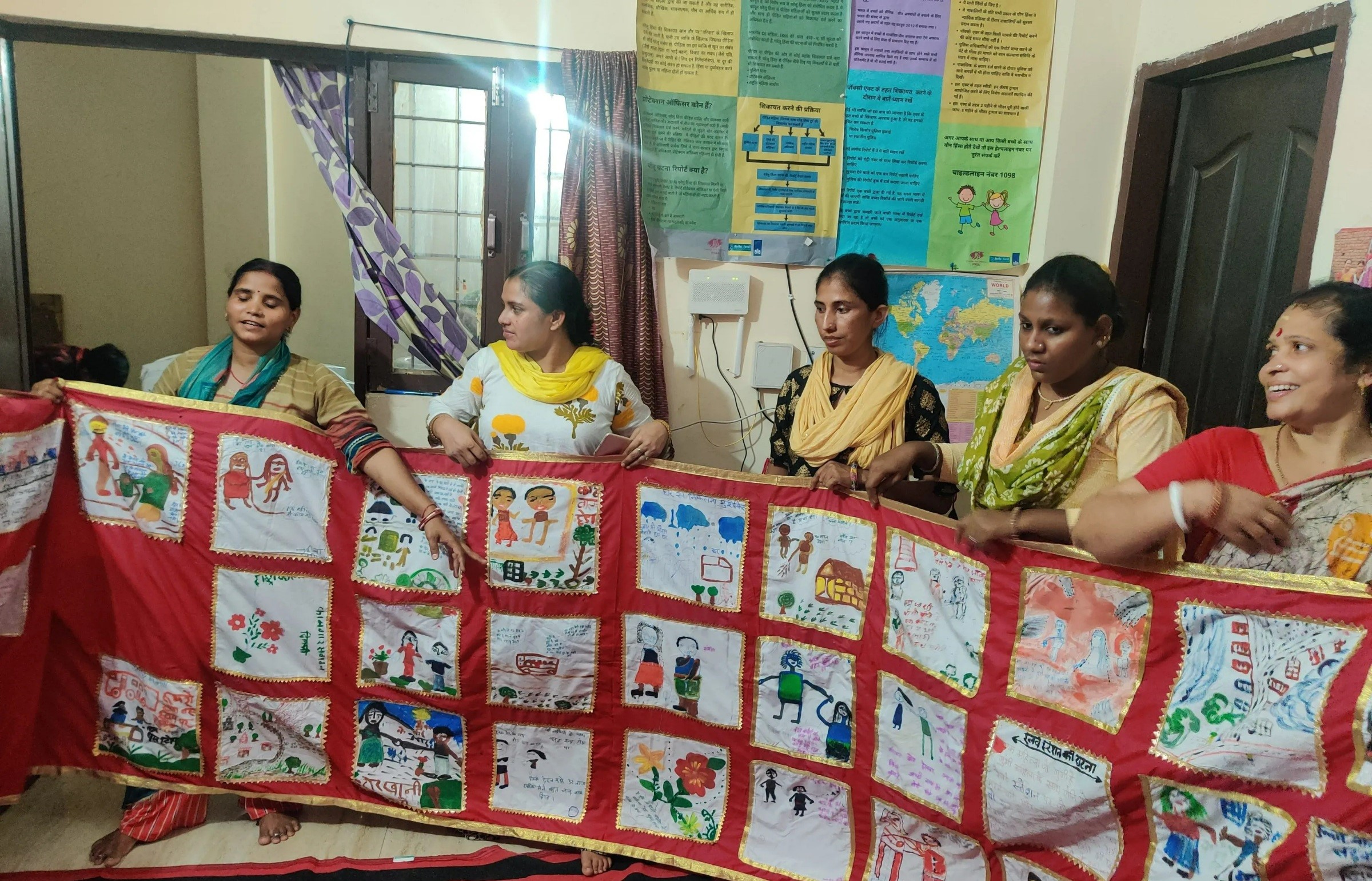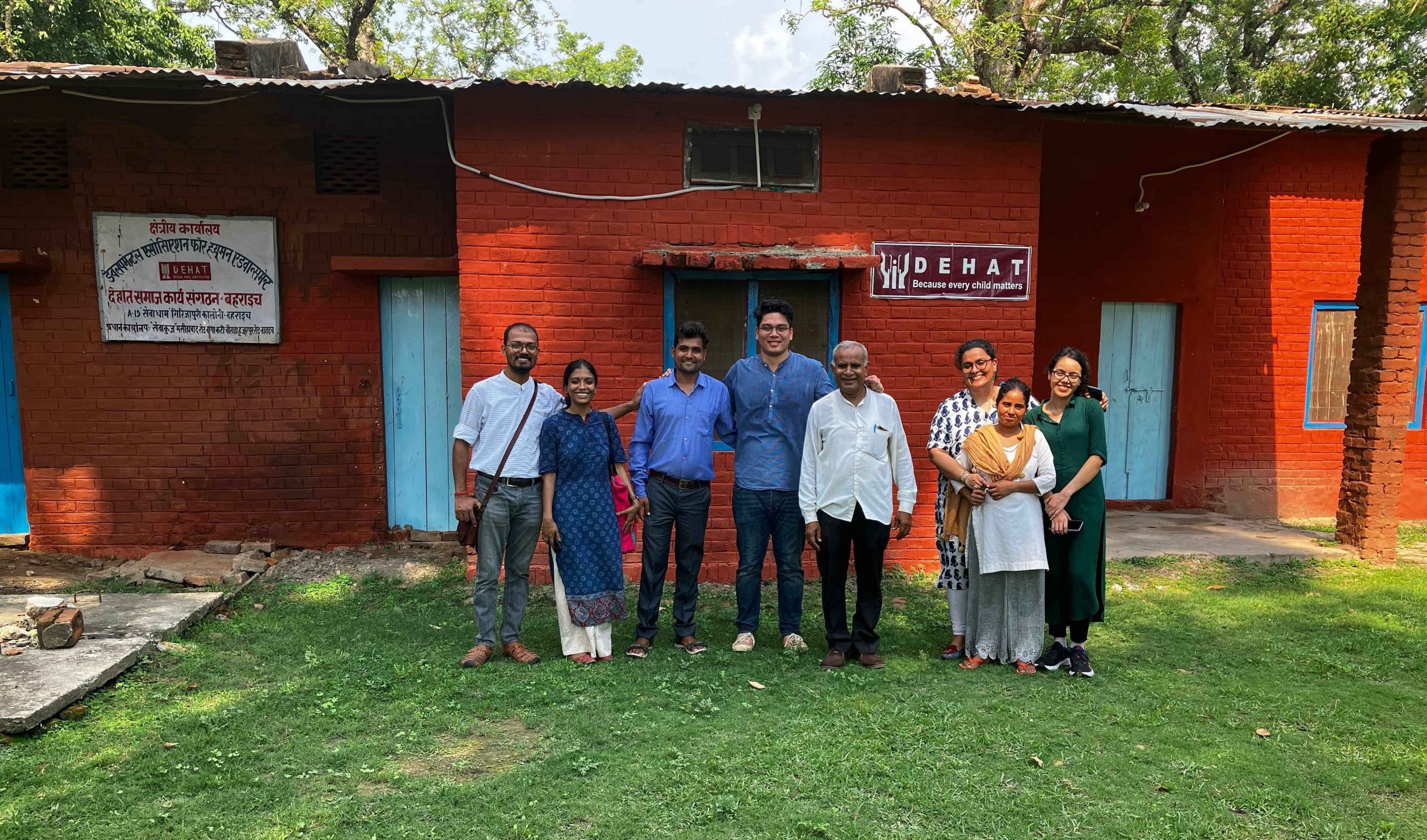“Talki (tull-key) is a beloved mutton dish, and is a word from a unique language that our community has…”, says Chandani very matter of factly, as we drive to Vijaynagar in Bangalore. She is talking to us (Anantvijay and Suveera) about Payana’s latest efforts at communicating the hopes, dreams, and aspirations of the transgender and larger LGBTQIA++ community to the larger world via theatre, and they have already had one successful show. This flavourful start to the morning leads into some very meaty conversation when we reach Shantamma’s house and get seated. Here we meet Shantamma, Laxmiamma, Kanishka, and Aarti, among others. They are all from either Karnataka or Tamil Nadu, but many have travelled to Maharashtra and other states over the course of their journeys. When we very curiously ask how members from the transgender community end up making their way to groups like theirs, they talk about the strength of their networks and how they reach out to others when they travel. They let folks know that this is a safe space and thus the network keeps growing.
“My father was always supportive of me”, says Laxmiamma, while describing her own journey, and speaks of facing stigma from students in Pre-University College (Junior College or Class 11- 12 equivalent), but not from her family. Both she and Shantamma then talk to us about the concept of Nirvan, or the process of castration as they transition from male to female. Vaginal construction surgery is usually expensive and thus not accessible to the community, hence Nirvan is the common practice. They tell stories of how earlier it would be done by a Dayamma, with more traditional approaches to healing (oil, leaves, and not letting the patient sleep in case they didn’t wake up again), and how a shift to having hospitals do it has led to a reduction in the mortality rate associated with the practice. Shantamma talks about her own experience of seeing this when her own Nirvan happened via a Dayamma, and reflects on how times have changed since those days- “Today the law gives us respect, back then there was nothing”. They mention rituals that are conducted during the Nirvan, which leads us down a whole conversation of religion, worship, history, and identity. “We don’t look at one religion, we celebrate all religious identities”, they say, and Chandani describes different instances across mythology that they look at for inspiration. While Murga Mata remains a key deity, we speak about the trans community in the Ramayana that waited for 14 years for Rama to come back from exile because he asked only the men and women to go back; the story of Arjun’s son Aravanna and Mohini from the Mahabharat, and how he is thought of as a husband; a tale of a baba in Ajmer, his transgender devotee and her wish to have a child; and several others.
Over tea, the conversation meanders to what the experience of the pandemic was for them, and they reiterate how livelihoods suffered. Members from the community have a few major livelihood opportunities accessible to them- Badhai, wherein they ask for money at households that have recently had a child or other opportunities to celebrate; Basti, wherein they beg at traffic signals across the city; and sex work. While all livelihoods suffered, sex work was massively impacted because of restricted mobility and a fear of disease. We also end up talking about the development ecosystem serving the community in the area, and how there is a mix of community led and non-community-led organizations in the space. “It is good that everyone is working on this issue”, they say.
As it is getting late and there are a few more stops to make for the day, we reluctantly bid our goodbyes to the group and head for lunch by way of a hammam, a traditional bathing spot for travelers coming from outside the city. This also makes it a spot to find sex work, and the rooms above it provide a safe space to have sex. Thus, it also becomes an area where the Payana team goes to interact with and counsel members of the community. We do not spend long here, saying a quick hello to a Payana field team member who is there for mobilization, and depart from under the watchful eye of the caretaker of the hammam. Lunch is a conversation-heavy affair, with the three of us paying special attention to our Andhra thalis while getting deeper into questions. As we eagerly wait for each of the elements to be served on our banana leaf thalis, Chandini shares how sex could mean different things and goes beyond just being a penetrative act. She says, “sex is a means of pleasure, even physical touch is sex..” Then she shares briefly about how there are different types of acts (thighs, anal, etc.) that are considered sex in the community. Our traditional Andhra lunch ends with a cultural learning- as Chandini teaches us to close the banana leaf towards ourselves after concluding lunch. “It’s an indication that you liked the food” she explains as we move towards our last spot for the day- Payana Office. Our conversations begin with us introducing each other and then moving on to understanding Payana. We deep dive into its organization structure, governance structure and learn about their goals and plans on how to utilize unrestricted funds under Rebuild. As a community-owned organization, they share the core values of inclusion on which their Governance model exists. In tandem with this core value, it has members from all communities it works within its Executive committee. They share about their decision-making structure, which is primarily led by 2 bodiesA) The General Body members- include 18 founding members, who meet every 6 months and take key decisions for the organization. B) Executive committee- which is a 7-member body that takes day-to-day decisions. The general body is an exclusive body- with elected representatives wherein all members of the community are not the members of the general body by default.
Our conversations then shift gears to understand how Payana looks at impact. “The existence of this community owned and managed organization by itself is impact…” shares Chandini as the team dives deep into the softer aspects of impact and highlight that mainstreaming the community, enabling inclusive laws, and generating employment opportunities are key areas of focus. The conversation leaves us thinking about how Payana’s understanding of impact is a testament to the fact that impact can be a journey and not a destination, specifically in the context of a community-owned organization.



